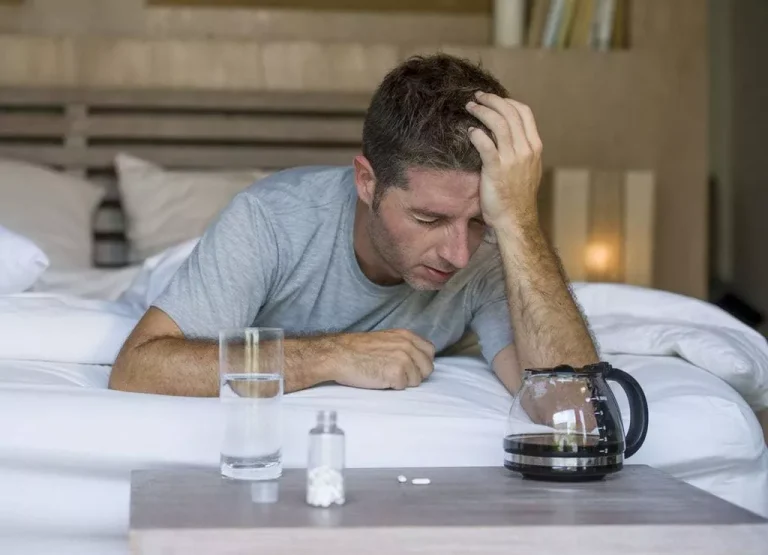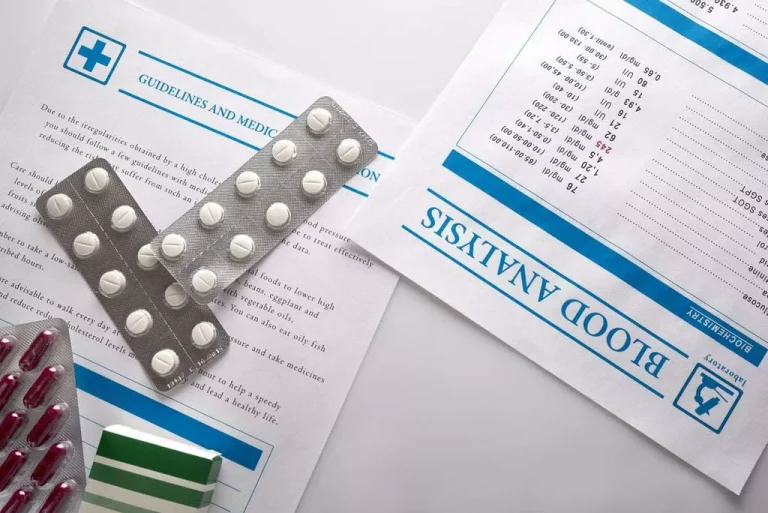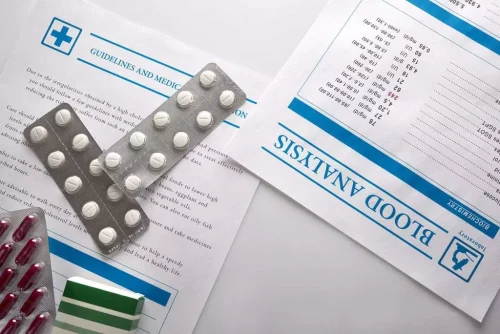
Having a high tolerance for alcohol or drinking quickly (for example, by playing drinking games) can put you at increased risk for an alcohol overdose. Men are more likely than women to drink heavily, resulting in a greater risk for an alcohol overdose. When somebody consumes an alcoholic drink, their liver has to filter out the alcohol, a toxin, from their blood.
Risk Factors for Alcohol Poisoning

Age, sensitivity to alcohol (tolerance), gender, speed of drinking, medications you are taking, and amount of food eaten can all be factors. Below we’ll explore some of the factors that can contribute to alcohol poisoning and how long you’ll feel the effects. The time it takes alcohol to both have an impact and subsequently leave your system can depend on many factors, such as your weight and how many drinks you’ve had within a given time. Take our free, 5-minute substance abuse self-assessment below if you think you or someone you love might be struggling with substance abuse. The evaluation consists of 11 yes or no questions that are intended to be used as an informational tool to assess the severity and probability of a substance use disorder. The test is free, confidential, and no personal information is needed to receive the result.
- This keeps any leftover alcohol from getting into your bloodstream.
- If someone’s breathing has slowed to less than eight breaths per minute — or if they can’t be woken up — call 911.
How can I prevent accidental intoxication?
So, while it might only take four drinks for you to be legally intoxicated, it’d take quite a bit more to kill you. The effects of alcohol are felt a little differently from person to person as a number of factors influence the amount of alcohol each person can withstand. Excessive alcohol use is a term used to describe four ways that people drink alcohol that can negatively impact health.
Alcohol Poisoning FAQs
If your pattern of drinking results in repeated significant distress and problems functioning in your daily life, you likely have alcohol use disorder. However, even a mild disorder can escalate and lead to serious problems, so early treatment is important. A person’s breathing and blood circulation will be extremely slowed. Their motor responses and gag reflexes are nonfunctional, and their body temperature drops. An alcohol overdose can damage your pancreas, which digests food and monitors the levels of glucose in your blood. Low blood sugar can be an indicator of alcohol poisoning.

Alcohol Poisoning Treatment
- It affects elements like your mental capabilities, mood and coordination.
- If a person has consumed one or less drinks per hour, they’re considered to be sober, or low-level intoxicated.
- Drinking alcohol very quickly can lead to alcohol poisoning, which can be extremely dangerous.
- And middle-aged people are more likely than younger ones to take prescription drugs, which can increase the severity of alcohol poisoning.
Ensuring that you drink responsibly can prevent alcohol poisoning. Always drink in moderation, and keep track of the amount of drinks you’ve had. Alcohol poisoning happens https://ecosoberhouse.com/article/how-to-create-meaning-in-life-best-ways-and-practices/ when you drink too much alcohol too fast. If you suspect someone has alcohol poisoning, always call 911.
Alcohol Poisoning: How Much Alcohol Is Too Much?
- The test is free, confidential, and no personal information is needed to receive the result.
- Get medical help straight away for signs and symptoms of alcohol overdose.
- Treatment for alcohol intoxication involves supportive care while the body tries to process the alcohol.
If you’re not sure, it is best to call 911 and describe the symptoms you observe—the dispatcher can advise you on your next best course of action. A mixed drink or cocktail could have more than one serving of alcohol in it. Alcohol poisoning also can occur when adults or children accidentally or intentionally drink household products that contain alcohol.


Call 911 if someone is displaying any symptoms of alcohol poisoning, which can include slow breathing and passing out. Genetic, psychological, social and environmental factors can impact how drinking alcohol affects your body and behavior. Theories suggest that for certain people drinking has a different and stronger impact that can lead to alcohol use disorder.
- But in some cases, people with this condition might have accidentally or intentionally drank household products containing alcohol, such as mouthwash or vanilla extract.
- This is when a male rapidly consumes five or more alcoholic drinks within two hours or a female consumes at least four drinks within two hours.
This stage can be very dangerous and even fatal if a person chokes on their vomit or becomes critically injured. They may also experience seizures or alcohol poisoning have blue-tinged or pale skin. Their breathing and gag reflexes will likely be impaired. Men ages are the most common demographic in alcohol poisoning-related fatalities.